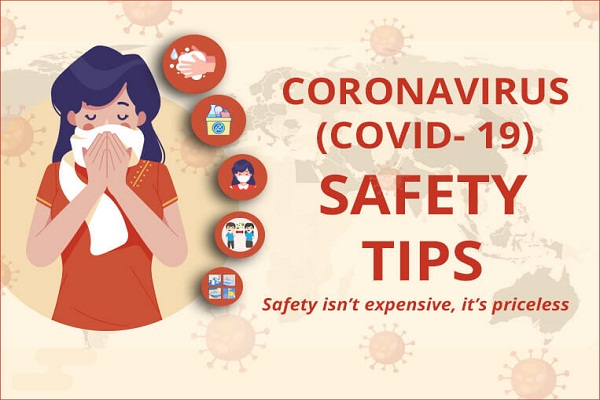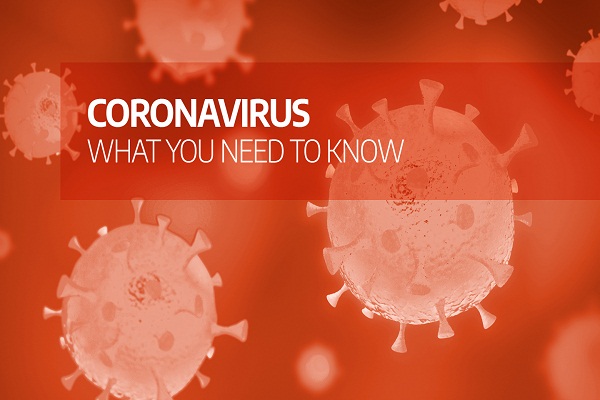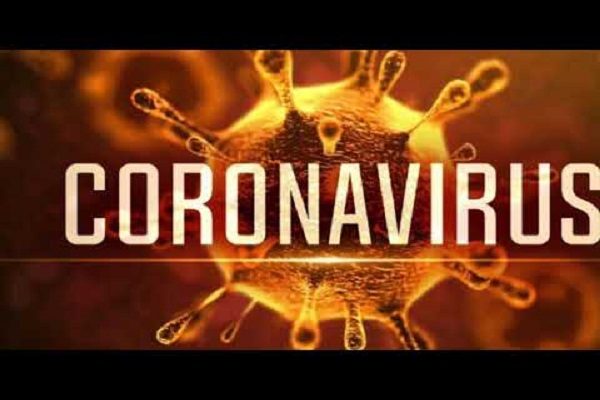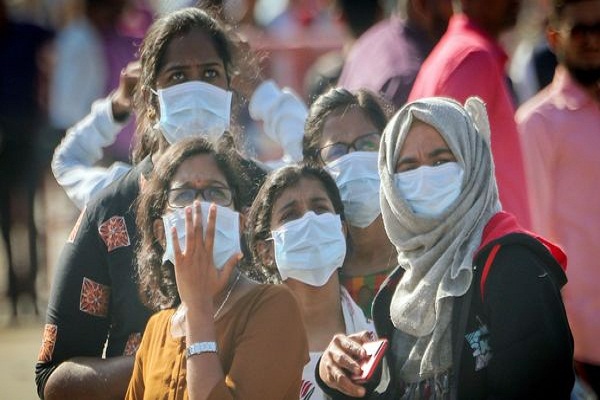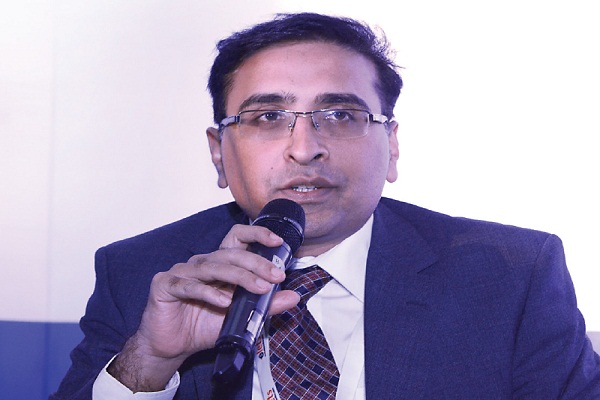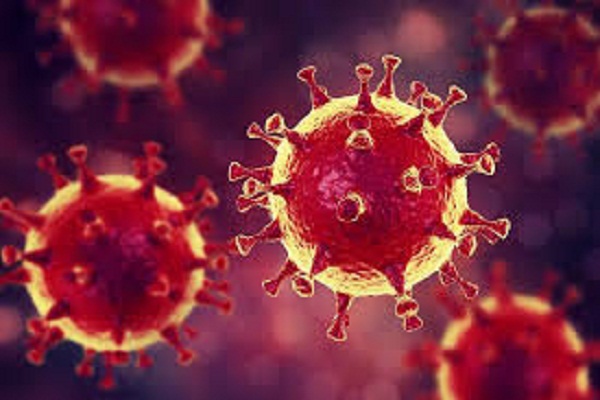
When one hears the term “Heart Attack”, it usually brings to mind a mental image of an older person, clutching onto their chest. But this is not the most accurate description of the condition, any more.
According to the World Health Organization (WHO), heart attacks are one of the leading causes of deaths worldwide, claiming over 17.9 million lives of men and women of all races age groups, annually.

Numerous global medical reports have been published stating that while the risk for the condition increases with age, there is also a massive surge in the number of people experiencing heart attacks in their 30s and 40s, due to an unhealthy high-pressure lifestyle.
This statistic is worse for Indians, as medical reports have stated that Indians are genetically predisposed to coronary heart disease, which affects them almost a decade before other ethnic groups, with 40% of the heart attack patients in India being under the age of 55.
A heart attack, also known as a myocardial infarction, is a condition where a segment of the heart dies when the arteries supplying blood to it gets blocked, usually due to a blood clot. This is often life-threatening and can be caused due to a number of factors, which include – age, cholesterol levels, diabetes, poor diet, genetics, hypertension, obesity, excess alcohol intake, smoking, physical inactivity, and work-related stress. A heart attack usually occurs as a result of a combination of two or more of these factors.

Not all heart problems come with clear warnings, so it is beneficial to stay informed on the common symptoms that are visible in the event of an impending heart attack. Some of the symptoms one should keep a lookout for are:
- Experiencing crushing chest pain
- Heaviness in chest spreading to the arm
- Throat or jaw pain
- Dyspnea – Shortness of breath
- Dizziness
- Fatigue
- Irregular heartbeat.
When these symptoms are experienced periodically on a regular basis/ at alarming regularity, medical assistance should be availed immediately. / services should be called immediately. If one is around someone having a heart attack, it is important to keep the calm, call for help and in worst case administer CPR if the patient is unresponsive.
Highly stressful and demanding jobs, unhealthy lifestyle patterns lack of exercise or any physical activities are the biggest contributory factors in the occurrence of high ratio of heart attacks, among the young generation. Unsound mental health, due to stress, social / family or peer pressure, also adds to the reasons why more and more young people are succumbing to a heart attack. Therefore it is important to give enough weight to mind conditioning as well as physical fitness and well-being. This can be achieved by making some significant changes to one’s lifestyle and incorporate healthy habits.
Fixing dietary habits:
A bad diet plays a major role in the occurrence of a heart attack; which is why, special care needs to be taken to fix dietary habits. The consumption of junk food should be avoided as most of these preparations contain trans-fatty acids (hydrogenated vegetable fats)in which increase bad cholesterol – LDL cholesterol, and decrease good cholesterol – HDL cholesterol. This should be replaced by vegetables, fruits, nuts, and low-fat dairy products.
Exercising regularly:
Light aerobic exercise should be carried out daily, as it helps exercise the heart, making it healthier. Brisk walking, swimming, or jogging every day, can help in reducing heart attacks by at least 30%. In addition, it also helps reduce weight and blood pressure.
Avoid tobacco and alcohol:
Excessive tobacco consumption is highly harmful as it can lead to inflammation in the coronary wall, oxidation of LDL (bad cholesterol), and increase in platelet activity, which can result in clot formation, causing heart attacks. Hence it is crucial to avoid tobacco consumption.
Proper care of Hypertension and diabetes:
Those who already have hypertension and diabetes are at increase risk of a heart attack. Hence they should be under regular follow up with a physician.
In a nutshell most of the heart attacks in young can be prevented by adopting healthy lifestyle in the form of healthy diet, regular exercise, stress management, avoidance of tobacco and related products and regular medical checkups.
(Writer is Dr Aziz Kothawala, Cardiologist, Saifee Hospital. Views expressed are a personal opinion.)
Be a part of Elets Collaborative Initiatives. Join Us for Upcoming Events and explore business opportunities. Like us on Facebook , connect with us on LinkedIn and follow us on Twitter , Instagram.


